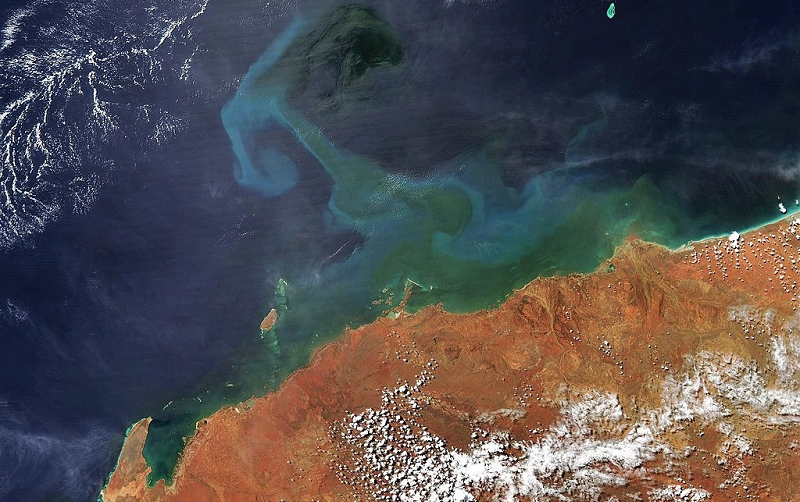
Oxygen minimum zones (OMZs), the regions of the world’s oceans where oxygen saturation is at its lowest, are currently expanding due to two main factors: climate change and excessive nutrient input from anthropogenic pollution. Expanding OMZs pose a significant hazard to biodiversity and ecological sustainability. In the geological past, the oceans experienced similar periods of expanded OMZs, for different reasons, with profound ecological effects. Fortunately, we have a record in ancient sedimentary rocks of not only how the biosphere at those times changed, but crucially, how the oceans recovered. Accordingly, understanding the history of the oceans can provide significant clues to predict – and remediate – their future.
In this proposal, we will apply cutting-edge geochemical tools to study the oxygen and nutrient variations in both modern and ancient marine basins and their impact on ecological complexity and biodiversity. We will measure trace and major element concentrations, organic carbon and phosphorus concentrations, carbon isotopes, and iron and phosphorus speciation. We will investigate the nutrient, redox, and climate conditions that immediately preceded and followed catastrophic events for marine life of the past, and then compare these conditions to those found in modern expanding OMZs.
As demanded by the multi-disciplinary nature of this project, it involves a diversified team of researchers from a wide geographic range including seven countries (Brazil, Canada, Denmark, Ghana, South Africa, UK, USA) and from a wide range of disciplines (geology, geochemistry, paleontology, biology, stratigraphy, oceanography). The locations of the members’ universities in different geographical contexts are ideal for testing the hypothesis of stressor impact on different marine basins in time and space. Each of the partners will have access to either unique environments (sample locations) and/or resources (lab facilities) that will be crucial for conducting this project.
Within the WUN network, our project is interlinked with projects that study both climate change and life under the sea, but also to studies on the effect of these processes on local communities that depend on fishery and climate-induced migrations. Our aim is to promote future research directions and initiatives that link those various causes and effects of the physical world on human cultures and society. The project also intends to generate public interest, raising awareness about the degradation of the ocean’s biosphere and the comparison with Earth’s past when extinctions were naturally caused by stressors such as an increase in atmospheric CO2, but which are today driven by anthropogenic emissions. Public interest is also likely to be generated by the economic importance of preserving the ocean’s biosphere, especially for coastal communities that depend on fisheries and are widely affected by expanding OMZs. These changes are of cultural importance as climate-induced migration is projected to occur in those areas.